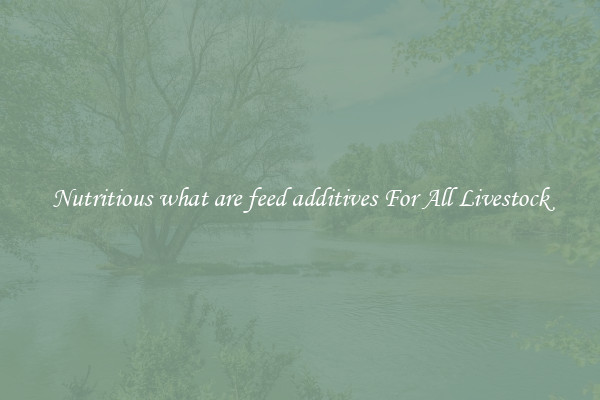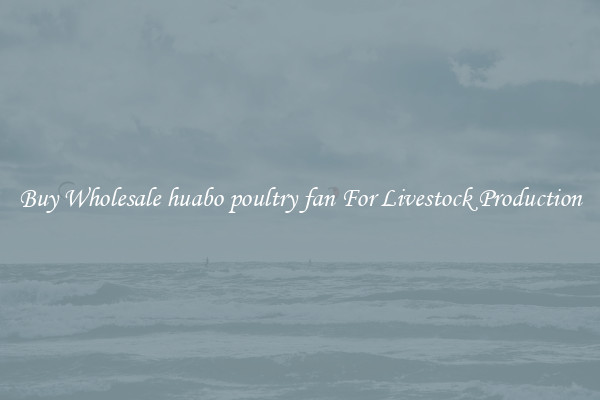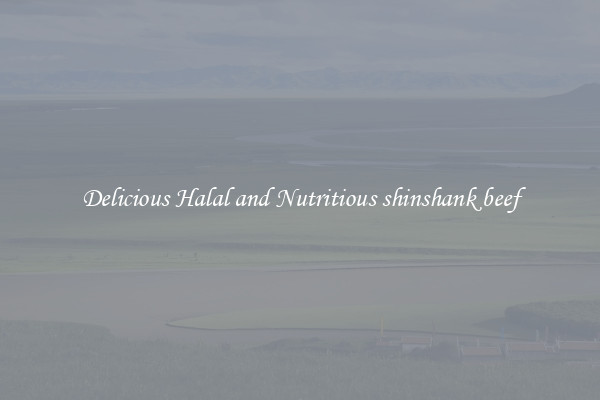Nutritious what are feed additives For All Livestock
Nutrition is paramount for the healthy growth and development of livestock, whether it's poultry, cattle, pigs, or any other animal. While proper feeding practices, balanced diets, and high-quality forages form the basis of livestock nutrition, there is another significant aspect that should not be overlooked - feed additives.

Feed additives are substances added to animal feed to enhance its nutritional value and promote animal health and performance. These additives play a crucial role in improving feed efficiency, optimizing growth, preventing diseases, and ultimately maximizing productivity. Let's explore some common types of feed additives and their benefits for all types of livestock.
Probiotics are one type of feed additive that aids in maintaining a healthy digestive system. These beneficial bacteria help in breaking down feed components, improving nutrient absorption, and preventing harmful pathogens from colonizing the gut. By maintaining a balanced gut microbiome, probiotics enhance overall animal health and immune function, leading to better growth rates and reduced incidences of digestive disorders.
Another important group of feed additives is prebiotics. Unlike probiotics, prebiotics are non-digestible substances that stimulate the growth and activity of beneficial gut bacteria. These additives act as a food source for the beneficial bacteria, promoting their colonization and establishment in the gut. By enhancing the growth of beneficial microorganisms, prebiotics contribute to improved digestion, nutrient absorption, and overall gut health.
Enzymes are feed additives that facilitate the digestion of complex nutrients. Livestock animals have limited ability to produce certain enzymes that break down carbohydrates, proteins, and fats efficiently. Adding exogenous enzymes to animal feed helps in the breakdown of these complex nutrients, making them more readily available for absorption and utilization by the animal. This leads to increased feed efficiency, improved nutrient utilization, and ultimately more efficient growth.
Amino acids are the building blocks of proteins, and they play a vital role in animal growth and muscle development. Supplementing animal feed with essential amino acids ensures that animals receive an adequate supply of these crucial nutrients. This is particularly important for monogastric animals, such as pigs and poultry, as they have limited ability to synthesize certain essential amino acids. Adding amino acids to their diets ensures optimal protein synthesis, leading to improved growth rates and muscle development.
Finally, antioxidants are feed additives that play a crucial role in protecting livestock from oxidative stress, which can be caused by various factors such as heat stress, diseases, and high levels of production. Antioxidants help neutralize harmful free radicals and reduce oxidative damage to cells and tissues, thus improving overall animal health and performance.
In conclusion, feed additives are essential tools in livestock nutrition, providing numerous benefits to all types of livestock. These additives can enhance feed efficiency, improve nutrient utilization, promote gut health, support immune function, and ultimately lead to better growth rates and productivity. When used in conjunction with proper feeding practices and a balanced diet, feed additives can be powerful allies in ensuring the health and well-being of livestock.

View details

View details

View details

View details








